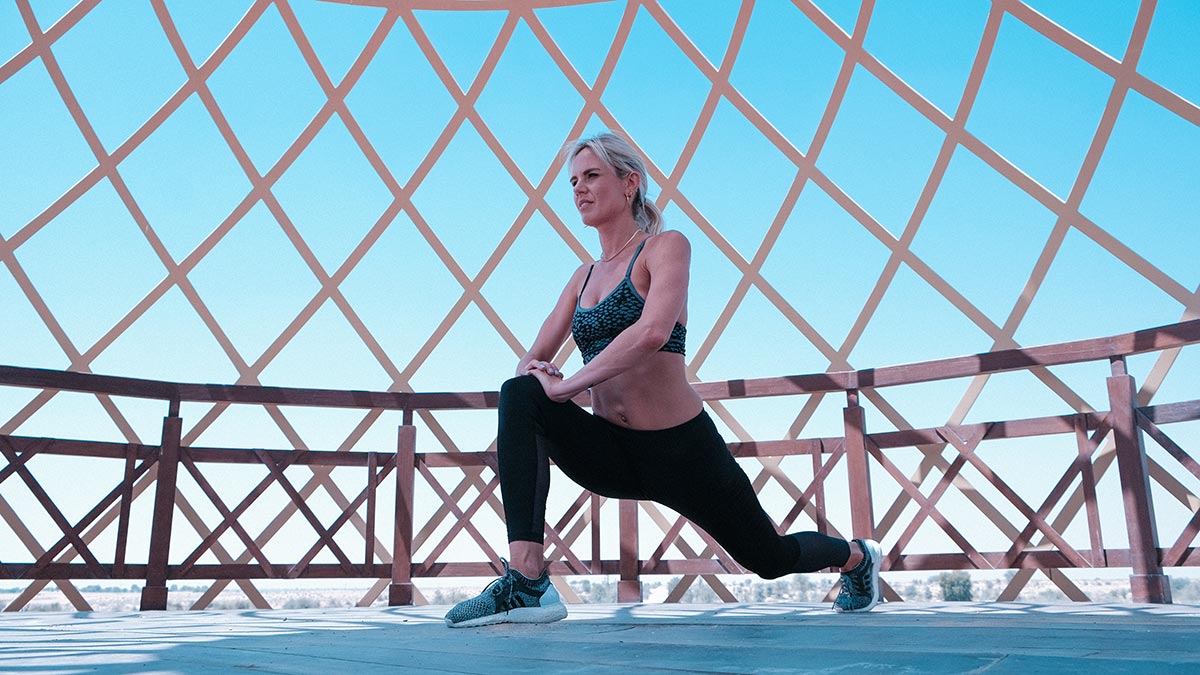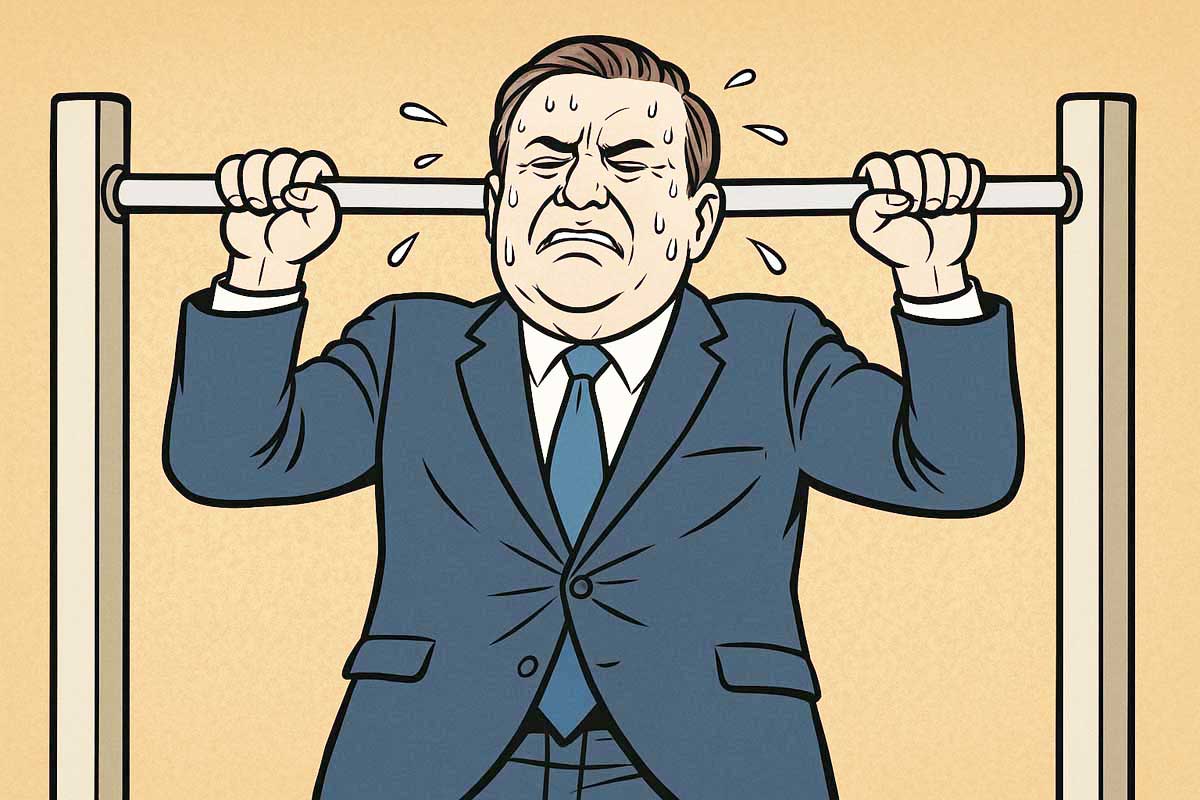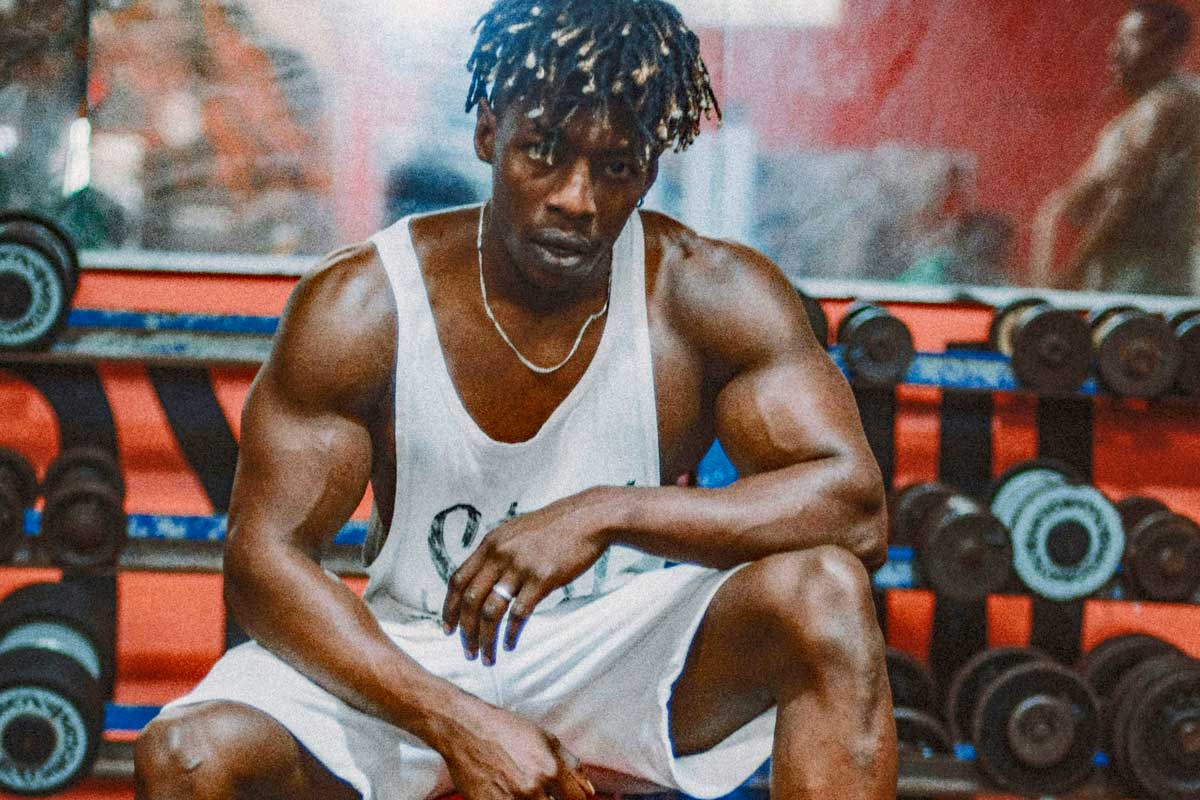Dear Meat, we need to break up. It’s not you—it’s us. Really. You’ve been great. More than great: you’ve been awesome. For so many thousands of years, you’ve provided us with wonderfully varied tastes and textures, and much-needed protein. We can’t thank you enough. Had it not been for you, we’d probably be extinct or, at best, swinging from trees and on the verge of going extinct. You turbocharged our evolution. You were there when we moved into places around the globe as different as the Brazilian rainforest and the Siberian tundra. Thank you for everything; tastes, aromas, textures—it’s all brought us so much joy. And while the time has come for us to move on, we won’t forget you! It’s been amazing.
With an abundance of love, Humankind.
Why It's Time to Move On
That’s the Dear John letter we need to mentally write and literally act on. The time to break up with meat has come. Breaking up is, of course, hard. Relationship experts say the process can be aided by reminding yourself of why you need to move on. So here goes: where once animal protein supplied desperately needed calories, today, in many places, it's a contributor to excessive calories that are expanding waistlines and shortening lives. The overconsumption of fatty meats has been linked to increased risks of cardiovascular diseases and certain cancers. Additionally, the environmental impact of meat production is significant, contributing to greenhouse gas emissions and deforestation. The math doesn’t work—using so much land, huge amounts of a dwindling freshwater supply, and creating so much pollution to bring a pound or two of meat to the table is unsustainable—for lack of a stronger term.
Enter the New Love: Plant-Based Meat Alternatives
Continuing the analogy, an adage claims the best cure for an old love is a new love, and this wisdom is perhaps appropriate here. We need a new love. But while veganism and vegetarianism have become popular—even fashionable—with a segment of the population, it's by no means anywhere close to a majority. In other words, as much as some might wish for it, the masses haven’t exactly begun falling in love with taro and tofu. We have cravings that need to be satisfied—and happily, a group of new tech entrepreneurs understands this. The fancy ‘bleeding burgers’ out there are nice and all, but what if a company could provide, say, a vegan kebab that tastes, smells, and even cooks so much like the real deal, many can’t tell the difference? In fact, some even prefer it. Couldn’t that be the start of a beautiful friendship? We think so. As do celebrity chefs and barbecue experts. ‘Alternative meat’ is an entirely new class of meat substitutes made by people who get that taste comes first. This is stuff made by startups using 3D printers and AI software to create the closest approximation to animal meat ever invented. It’s set to hit store shelves globally very soon, and while initially perhaps slightly pricey, the estimates are it will reach price parity with animal meat by 2025 or earlier and then perhaps start giving old-school meat a run for its money (especially considering how animal meat prices are skyrocketing these days).
The Rise of 3D-Printed Plant-Based Meats
If you were reading this article ten or even five years ago, the idea that ‘fake meat’ might soon replace real meat would have been laughable. But the level of sophistication of newly created high-tech plant-based meat substitutes is astounding and already has the nod from tasters, chefs, and even butchers. Companies like Redefine Meat are pioneering the development of 3D-printed plant-based steaks that mimic the taste, texture, and appearance of traditional meat. This innovation is transforming the alternative protein industry due to its efficiency, affordability, and ability to replicate complex structures. Science is offering us a chance to have our cow and eat it too; in a totally mixed metaphorical sense. It’s a ‘best of both worlds’ solution. We get to continue to enjoy our ancient love of the flavor and texture of meat while saying goodbye to the negative health and environmental issues animal protein is today causing both us and our planet. As one author noted, “If you've got something that tastes like a kebab, looks like a kebab, and smells like a kebab—is it not a kebab?” When a barbecue expert tells a reporter that he gives ‘new meat’ a score of 9 to 10—how soon will ‘new meat’ become simply, meat? We’re about to find out.
Environmental Benefits of Plant-Based Diets
Transitioning to plant-based diets offers significant environmental benefits. Food production accounts for over a quarter of global greenhouse gas emissions, with meat and dairy specifically accounting for around 14.5% of these emissions. By reducing meat consumption, we can decrease the demand for livestock farming, which is a major contributor to deforestation, biodiversity loss, and water pollution. A shift towards plant-based diets would help to mitigate climate change. In particular, reducing meat consumption would help to reduce methane emissions. If high-income nations switched to a plant-based diet, vast amounts of land used for animal agriculture could be allowed to return to their natural state. This in turn has the potential to sequester 100 billion tonnes of by the end of the century. A comprehensive analysis found that plant-based diets reduce emissions, water pollution, and land use significantly (by 75%), while reducing the destruction of wildlife and usage of water.
Health Benefits of Reducing Meat Consumption
Reducing meat consumption is not only beneficial for the environment but also for personal health. Diets high in red and processed meats have been associated with increased risks of cardiovascular diseases and certain cancers. On the other hand, plant-based diets are typically higher in dietary fiber and lower in saturated fats, contributing to better heart health and reduced risk of chronic diseases. Choosing between animal and plant protein sources depends on individual nutrition goals, dietary preferences, and cultural or ethical values.
Both types are nutritious, but animal proteins contain essential amino acids and nutrients like zinc, iron, vitamin B12, selenium, and phosphorus, which are more easily absorbed by the body. However, processed meats may have negative health effects. Plant proteins provide dietary fiber and are typically lower in saturated fat, though they may require higher intake to match the protein levels found in animal sources. Digestibility tends to be higher for animal proteins.
The Future of Meat Consumption
As technology advances and consumer preferences shift, the future of meat consumption is poised for transformation. The development of lab-grown meat and plant-based alternatives offers promising avenues to meet the global demand for protein while addressing environmental and health concerns. For instance, Meatly, a pioneering pet food company, has launched the world's first lab-grown meat product for pets, Chick B
Foto von lilartsy von Pexels
>
Breaking Up with Meat: A Necessary Goodbye
Ending a long-term relationship is never easy, and breaking up with meat is no exception. But the time has come. Once upon a time, animal protein was essential for human survival. It provided crucial calories and nutrients, fueling our evolution and allowing us to thrive in every corner of the planet. But today, the role of meat in our diet has shifted dramatically. Instead of being a necessity, it has become a health risk, contributing to obesity, heart disease, and shortened lifespans. The way we produce meat has also changed. What was once a natural exchange—offering shelter and security to animals in return for sustenance—has transformed into an industrialized system of factory farming. A system so grim that most people prefer to look away.
The reality is that modern meat production pollutes our air and water, depletes natural resources, and creates ethical dilemmas that we can no longer ignore. As our global population inches toward 10 billion, the math simply doesn’t add up. The vast amounts of land, water, and energy required to sustain our meat consumption make this model unsustainable. We have reached a point where we must reconsider our choices—not just for ourselves, but for the planet as a whole.
Finding a New Love: The Rise of Alternative Meat
There’s an old saying that the best way to get over an old love is to find a new one. And in the case of meat, this is exactly what’s happening. While some have embraced vegetarian and vegan lifestyles, the reality is that the majority of people are not ready to give up the taste, texture, and experience of meat. The idea of swapping steak for tofu or burgers for lentils is a hard sell. Fortunately, science and technology have stepped in to offer an alternative that doesn’t require us to make that sacrifice.
Companies around the world are revolutionizing the food industry by developing high-tech plant-based meats that look, cook, and taste just like the real thing. These aren’t the bland, rubbery substitutes of the past. They are sophisticated, meticulously engineered alternatives that fool even the most die-hard carnivores. Whether it’s a 3D-printed vegan steak or a kebab made entirely from plants, these innovations are proving that we don’t have to give up meat—we just have to redefine what meat is.
The Technology Behind the Meat of the Future
Ten years ago, the idea of replacing traditional meat with plant-based alternatives would have seemed far-fetched. Even five years ago, the concept of a fully convincing ‘fake meat’ was met with skepticism. But today, the technology behind these products is astonishing. AI-powered algorithms and 3D printing technology are being used to mimic the fibrous structure of animal muscle, while flavor scientists are fine-tuning the taste to be indistinguishable from real meat. Startups like Redefine Meat, Beyond Meat, and Impossible Foods are leading the charge, creating products that don’t just taste similar to meat—they taste better.
The success of these innovations is undeniable. Celebrity chefs, BBQ masters, and even butchers are endorsing them. Some of the world’s top restaurants are already serving plant-based steaks that have diners questioning whether they’re eating meat or something else entirely. The potential of this technology goes beyond just taste—it’s about accessibility, sustainability, and scalability. These products are expected to reach price parity with traditional meat by 2025, making them not just an ethical choice, but an economical one as well. Given the rising cost of animal meat, it’s likely that soon, these alternatives will become the more affordable option.
The Environmental Argument: Saving the Planet One Bite at a Time
The impact of industrial meat production on the environment is staggering. Livestock farming is one of the largest contributors to greenhouse gas emissions, surpassing even the transportation sector. The production of beef alone requires immense amounts of water and land, contributing to deforestation, biodiversity loss, and desertification. The environmental argument for reducing meat consumption is compelling. Studies suggest that if high-income countries made the switch to plant-based diets, it could free up vast amounts of land, allowing ecosystems to recover and significantly reducing greenhouse gas emissions.
Transitioning away from industrial animal agriculture isn’t just an ethical decision—it’s a necessity if we want to mitigate climate change. Experts predict that rewilding land currently used for livestock farming could sequester over 100 billion tons of carbon by the end of the century. This shift would be one of the most effective ways to combat global warming, providing a practical solution to one of the biggest challenges of our time.
Health Benefits: Why Our Bodies Will Thank Us
Beyond environmental concerns, there’s a strong case for reducing meat consumption from a health perspective. Numerous studies have linked high consumption of red and processed meat to increased risks of heart disease, diabetes, and cancer. Meanwhile, plant-based diets are associated with lower risks of chronic illnesses, better digestive health, and longer lifespans. Unlike heavily processed meats, which contain harmful additives and high levels of saturated fats, plant-based alternatives offer the same satisfaction without the downsides.
These products are high in protein, fiber, and essential nutrients, making them a healthier choice for individuals looking to maintain a balanced diet. Nutritionists emphasize that a well-planned plant-based diet can provide all the necessary amino acids and micronutrients that our bodies require. While animal products contain essential nutrients like B12, iron, and zinc, fortified plant-based alternatives ensure that we don’t miss out on these critical components. As consumer awareness grows, so does the demand for healthier, cleaner sources of protein.
What the Future Holds
We are at the tipping point of a food revolution. With advancements in food technology, changes in consumer behavior, and increasing concerns about sustainability, the shift away from animal meat is inevitable. The question is not if, but when. As plant-based and lab-grown meats become more accessible and affordable, traditional meat may soon become a niche product—an occasional indulgence rather than a staple. The rapid evolution of alternative meats signals a shift in our global food system, one that will redefine the way we eat for generations to come. For those who love the taste of meat but want to make a more sustainable choice, the future has never looked more promising. The breakup with meat doesn’t mean giving up on what we love. It simply means embracing something better.













